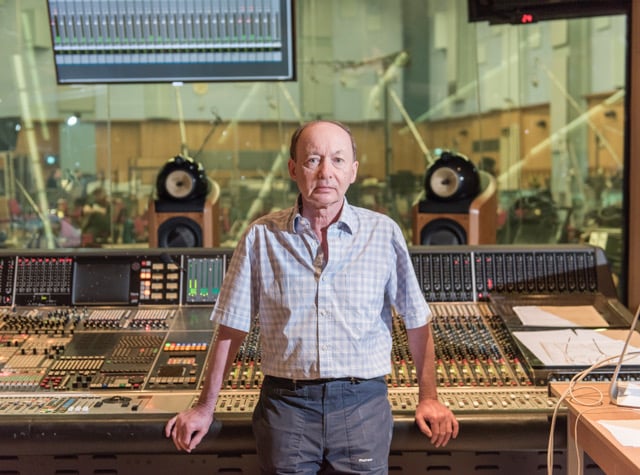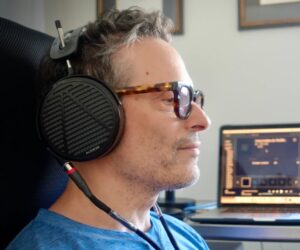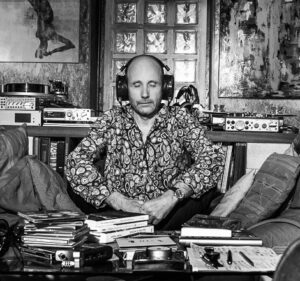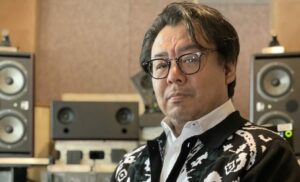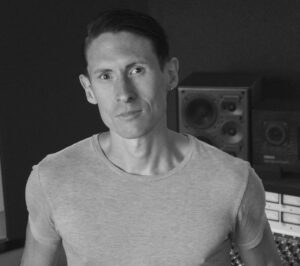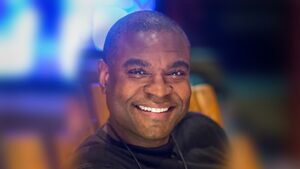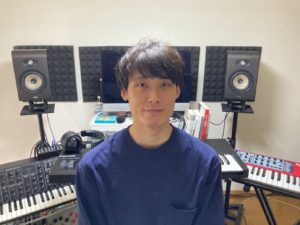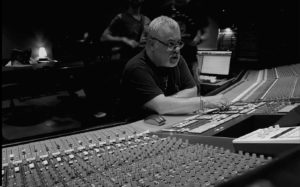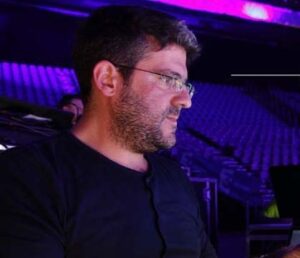Senior balance engineer at the Decca Record Co. Ltd. where he started in 1968. He has worked with the majority of the other major labels, especially EMI Classics and is credited on more than 1000 records. He teaches at the Abbey Road Institute and the University of Surrey Tonmeister Course.
Interview
John how would you define your profession?
My profession is to reproduce music in the best way possible. That is what I was taught when I started in this business at DECCA in the late 1960s. If you want the best possible outcome, you have to be aware of every part of the process. Half of this is making the musicians trust you and be comfortable, the rest is up to you and the equipment you have at your disposal, and obviously the choice of location. I used to do most of my post-production masters myself. I went through the complete process from the set up of the recording session all to way through to the final product. In that respect I am quite unusual. I have worked unsocial hours since I was 18, and I don’t miss that. But next week at Abbey Road in Studio 2, I will be there at 7:30 in the morning, to prep for the 10 o’clock session start. At my age I shouldn’t be doing this, but I still want to make sure the preparation is there, so that when the artists come in, they know that we are completely ready.
It’s interesting that many artists can smell when something is not fully prepared. They can by nature be insecure as they are putting their all into the public domain. Therefore you have to make them feel even more cared for. The best description of the recording engineer’s job is summed up as a musical midwife. We help with the birth, but we don’t take the secrets out the birthing room. The creative act is something that is between the artist and those helping to create. I don’t have a genre I particularly love more than anything else. As long as it’s good music making that is the most important part to me.
When you talk about sound transparency, you can easily lose your audience,
until you demonstrate what that transparency should sound like.
How much attention do you pay to sound quality?
I have consulted for B&W loudspeakers since 1979 when the original 801 was introduced. I now have the latest 801D4s, at home, which I took delivery of last month, powered by Meridian mono-block amplifiers, a very transparent listening setup.
We already have educated one generation of younger listeners to think MPEG-3 etc. is good. Part of my job is to show them how properly uncompressed high quality sound transmission can sound like. It is very easy to be lured into a sense of comfortable audio security, listening to compressed processed music, particularly on some of the streaming channels. Thus you forget how real and visceral, uncompressed music can be. When you talk about sound transparency, you can easily lose your audience, until you demonstrate what that transparency should sound like.
How long have you been using Audirvāna? What did you think when you discovered it?
I first started to use Audirvāna in 2013, I believe that this was the first iteration. I looked at many other systems at that time, and subsequently since. I find with Audirvāna, that you are both accurate and transparent, but you do not have an obvious audible palette. In other words you don’t show yourself to be ‘this is my particular colour of audio quality’. All the subsequent updates have improved on this incredibly important quality.
How do you rate listening from your computer with Audirvāna compared with other equipment?
At home, mostly I would use a very good CD player. But obviously for my work for the Abbey Road Institute and the University of Surrey, it is much easier to take accurate rips of CDs onto a separate drive and then play them through Audirvāna. It saves me taking bucket loads of CD around.
Do you talk to people about it?
I tell my students what I am actually playing from and it is up to them to make a judgement. Because they have to learn how to make these value judgements, as we have all learnt. The most difficult thing to teach, to any student of whatever age, is the ability to listen critically. To be able to separate out the strands of sound into what is good, what is not, and why. It is basically the confidence to believe in your own judgement. When you think about it, it is exactly the same as being a good recording engineer: you have to be able to trust your judgement and transfer that, to the artist.
What are your passions outside of music?
I don’t have time! And I am sure Damien would say exactly the same. It has often described; if one talks about my career, that I have given my life to music, as so many people do.

